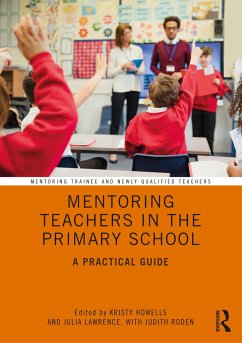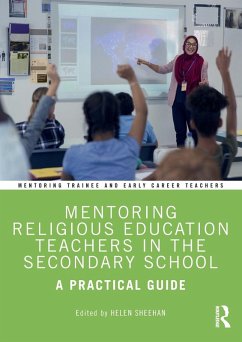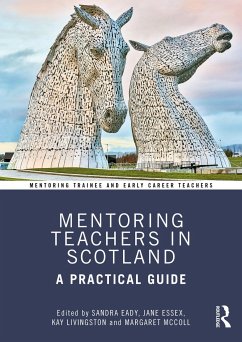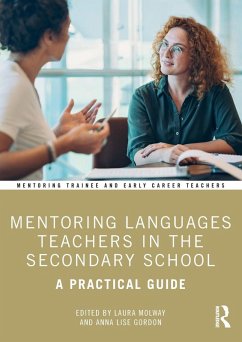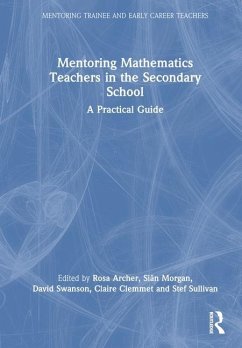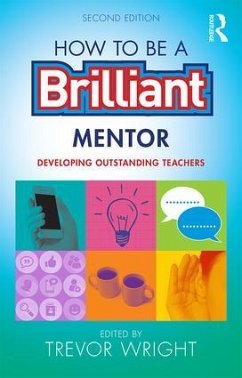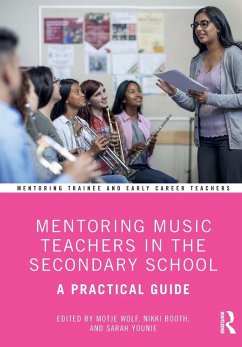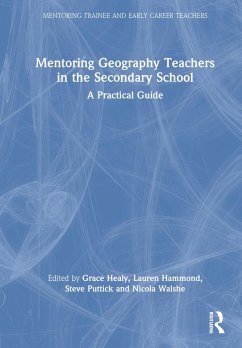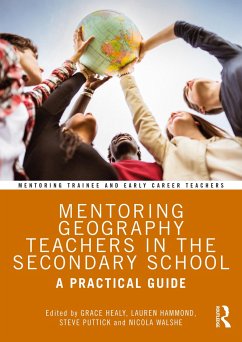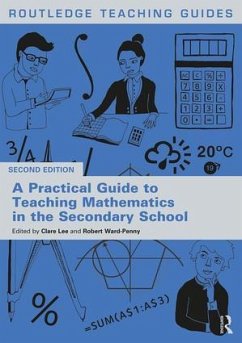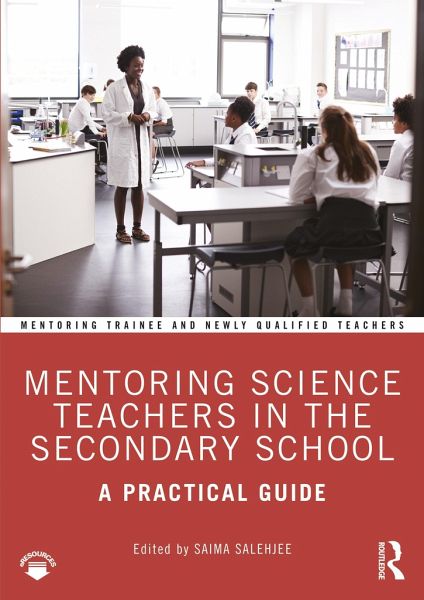
Mentoring Science Teachers in the Secondary School
A Practical Guide
Herausgeber: Salehjee, Saima

PAYBACK Punkte
20 °P sammeln!
This practical guide helps mentors of new science teachers in both developing their own mentoring skills and providing the essential guidance their trainees need as they navigate the rollercoaster of the first years in the classroom.





